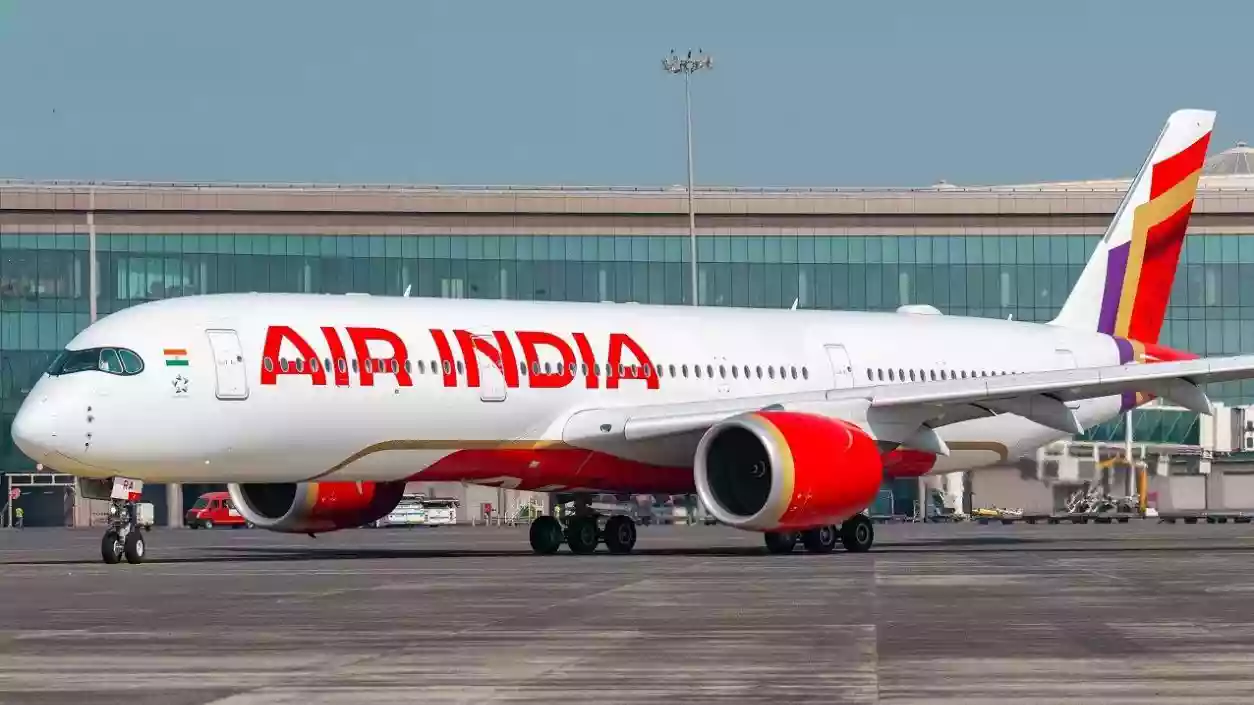.gif)
.gif)

The Directorate General of Civil Aviation (DGCA) has ordered Air India to remove three senior officials from all roles related to crew scheduling after identifying multiple safety violations in the wake of the June 12 crash of flight AI-171 in Ahmedabad, which killed 270 people. The officials named are Choorah Singh (Divisional Vice President), Pinky Mittal (Chief Manager, Directorate of Operations – Crew Scheduling), and Payal Arora (Crew Scheduling – Planning).
The lapses were uncovered during a transition from the ARMS (Aviation Resource Management System) to the CAE Flight and Crew Management System. Air India voluntarily disclosed the violations, which included scheduling and operating flight crew without adherence to mandatory rest periods, licensing requirements, and recency norms. The DGCA order, dated June 20, described these as “serious and repeated violations” that pointed to systemic failures in crew scheduling and compliance monitoring.
The order also mentioned that the absence of disciplinary measures against officials responsible was a matter of concern. As a result, the DGCA directed Air India to immediately remove the named officials from all scheduling responsibilities and reassign them to non-operational roles. Internal disciplinary proceedings have also been ordered, and Air India has been instructed to submit a report on the outcomes within 10 days.
Separately, the DGCA issued a show cause notice to Air India’s Accountable Manager after a spot check found the individual had operated two consecutive long-haul flights—Bengaluru to London on May 16 and 17—exceeding the 10-hour limit set by flight duty norms. The official has been asked to respond within seven days explaining why enforcement action should not be taken.
In response to the regulator’s directive, Air India stated, “We acknowledge the regulator’s directive and have implemented the order. In the interim, the company’s Chief Operations Officer will provide direct oversight to the Integrated Operations Control Centre (IOCC). Air India is committed to ensuring that there is total adherence to safety protocols and standard practices.”